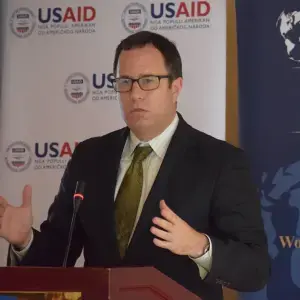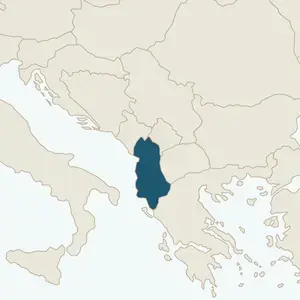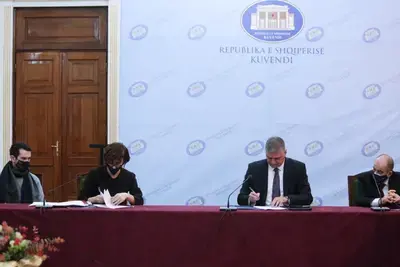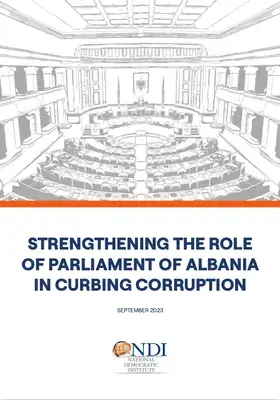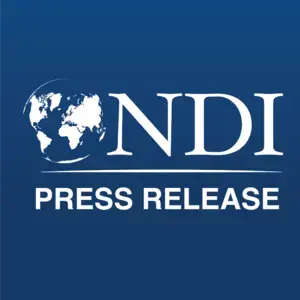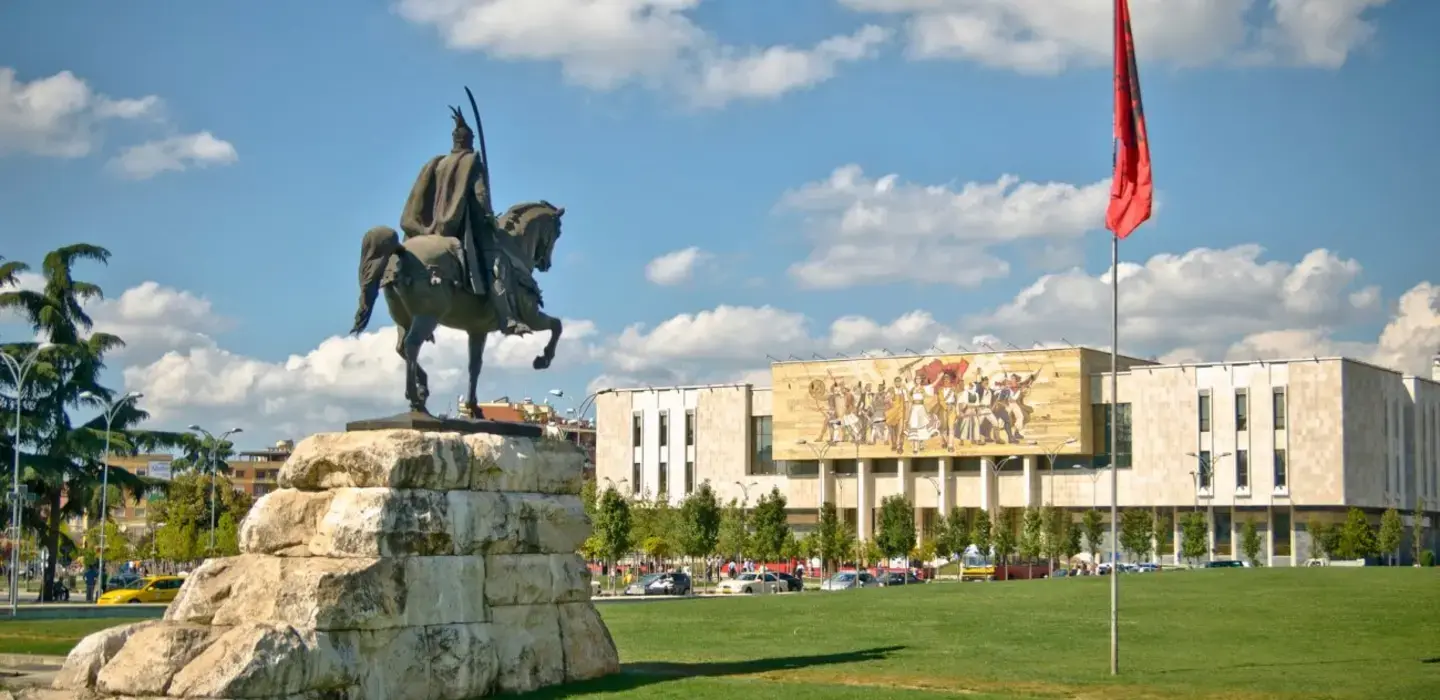
Where We Work
Albania
Overview
Albania began its democratic transition in 1991, setting out to establish a pluralist political system that protects and advances fundamental human rights. It has since joined NATO and is a candidate for European Union membership. Albanian politics, however, are highly polarized and prone to disruptive partisanship that impedes progress towards anti-corruption and rule-of-law reforms that are necessary for EU accession. Civil society is active but frustrated by a lack of access to decision-makers, and many Albanians feel disconnected from their elected representatives – although parliament is taking steps to make the legislative process more open and participatory.
NDI has worked in Albania for more than two decades, promoting political party development, supporting democratic elections, increasing the transparency of political finance, and assisting with citizen political participation – particularly among women and youth. NDI has helped politicians, civic activists and citizens, in general, to engage in election monitoring, legislative advocacy and issue-based organizing at the local level. NDI has supported women’s civil society organizations to advocate successfully for strengthening a gender election quota; young politicians to institute policy development practices inside political parties; and citizen election organizations to increase transparency of the electoral process.
NDI also assists the Albanian parliament, including through supporting the development of parliamentary services and staff to provide independent, balanced and professional research and analysis to facilitate informed legislative decision-making.
Featured Publication
Strengthening the Role of Albanian Parliament in Curbing Corruption
Corruption remains a major problem in Albania, hindering economic and social development. Addressing the ongoing issues requires a strong and proactive legislative body.
Meet The Experts
View More